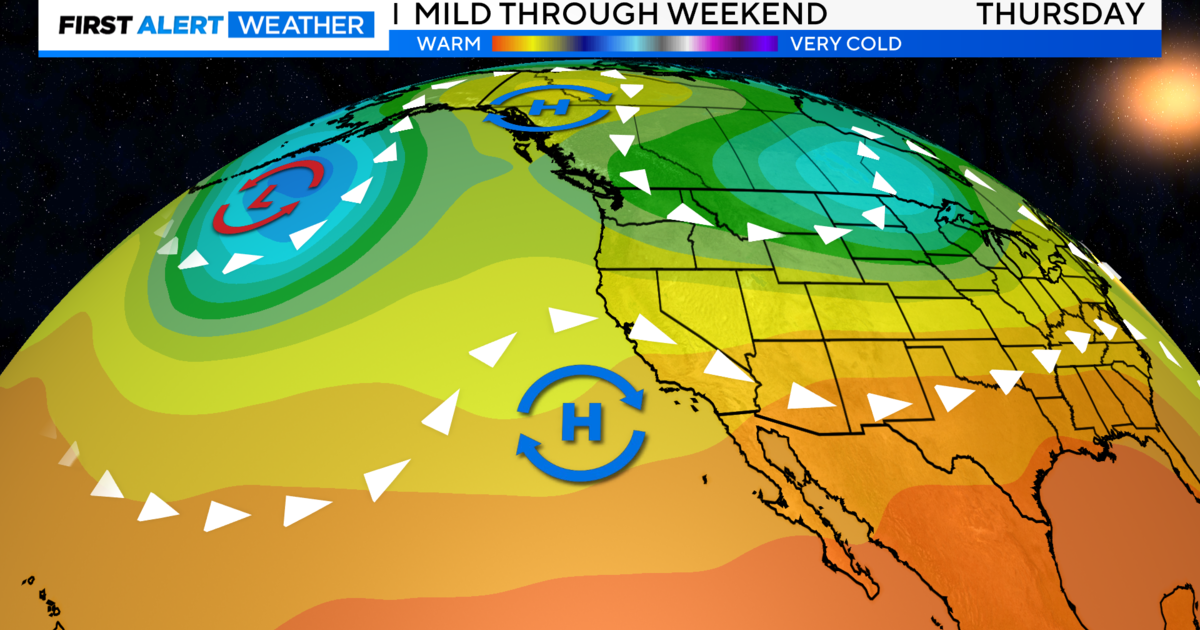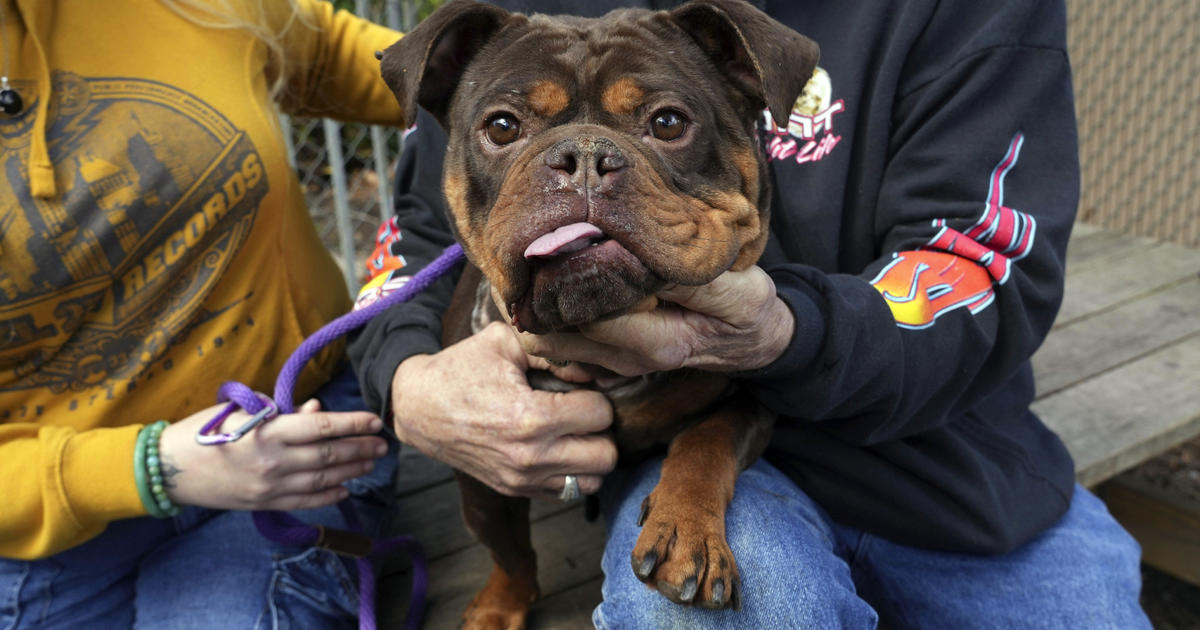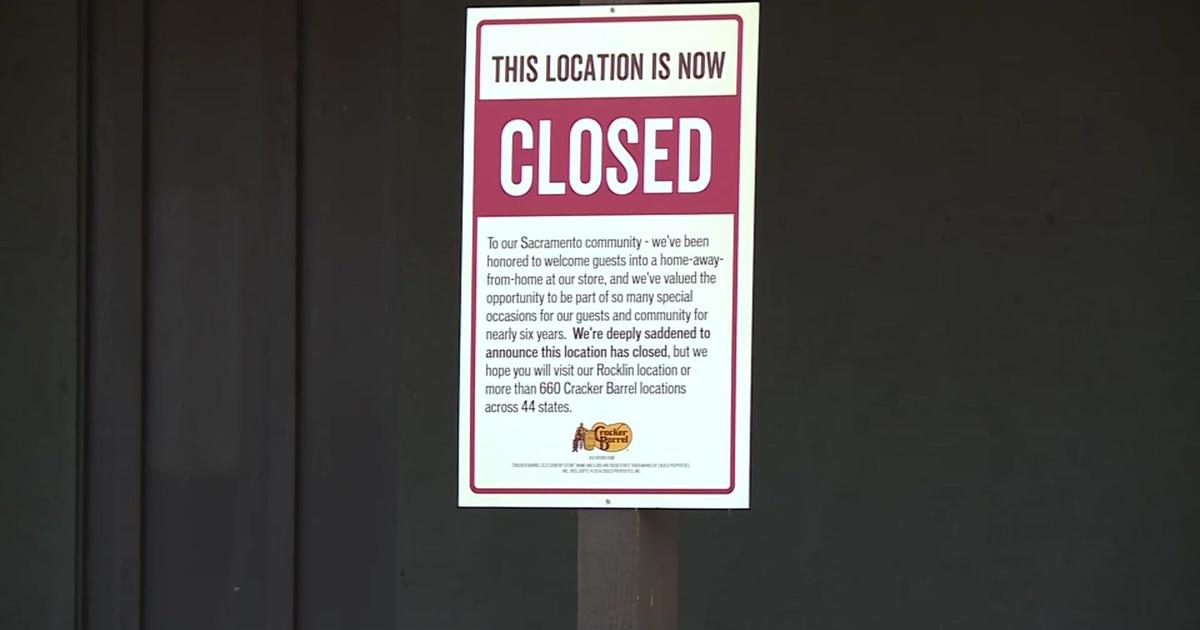California Drought Provides Fertile Ground For Silicon Valley Water Innovation
OAKLAND (CBS13) — California's drought is a lucrative business opportunity in Silicon Valley, as a flood of high-tech startups are finding new ways to save water.
Everyone's being told to cut back on watering, but how do you know exactly how much water your lawn and plants need? An array of new products tied to your smartphone can provide that answer, and then some.
Back in the 1930s, growing a victory garden was part of your patriotic duty to support the nation's food supply. It meant hard work and some guess work.
MORE: California Drought Special
If only they had smartphones back then. These days, there's an app for that.
California's four-year drought is driving a tech boom.
As Edyn founder Jason Aramburu shows us, placing a solar-powered sensor in the soil provides a wealth of information at your fingertips. The Oakland startup's seemingly all-knowing app tells when to add fertilizer and how much to water.
"So it tells me I need to water in the next three days," he said.
Aramburu says it knows whether you plants are getting enough light and even gives a head's-up when they're ready to be picked. It tailors its recommendations based on specific plants and conditions at the exact spot of the soil sensor.
"For instance, bell pepper needs a lot of light, high humidity, high nutrition and medium water," he said.
The Princeton graduate says about 40 percent of outdoor watering is wasted, and he saw a chance to change that.
"Today, when every drop of water counts, it's really important to be precise," he said.
Almost overnight, Edyn's business skyrocketed tenfold.
"I started with an idea and a really rough prototype, and now it's packaged and merchandised," he said. "It's real; it's really exciting."
The product started hitting store shelves in early July and is now in 900 Home Depot stores nationwide. Much of the lift is in California where water conservation is becoming big business.
"A lot of investors and tech companies are trying to seize on it as an opportunity," he said.
The movement has a name—the Internet of Conservation, a takeoff on the Internet of Things, which refers to connected devices and mobile technology through the cloud.
Hugo Fiennes co-founded Electric Imp, a Silicon Valley startup.
"There's data on the Internet and you're just trying to get it to devices so they can make smart decisions," he said. "There is a focus on basically not wasting resources."
He once worked for Apple, managing the hardware team for the first four iPhones. Now, his company provides the platform for companies using connected technology to streamline everything from beer brewing to beehive monitoring to air conditioning to irrigation.
Electric Imp is working with Edyn and a company called Rachio. The Rachio smart watering system lets homeowners tweak watering schedules from your smartphone. The app monitors weather forecasts and skips the sprinklers if there's rain on the way. It makes adjustments based on how much water your lawn really needs.
The Colorado company is celebrating its one-year anniversary and is suddenly quite popular in the water-wise world.
"It was two weeks in June we grew more than we did the entire previous year, so, real aggressive growth," said Ric Miles with the company's strategy and business development.
"It's one of those products you get and you're like, 'How did I live without that?'" Fiennes said. "It really made a difference."
He and several others in his office use Rachio at home.
"I can see the zones that are turned on I turned off my front lawn," he said. "Conservation is always about saving a little, everywhere, and it adds up to a huge amount."
Rachio says it's saved 130 million gallons of water and counting nearly enough to supply the city of Elk Grove for a month.
But technology makes it easier, taking the guesswork out of gardening.
The Rachio irrigation system runs around $250, but many water districts offer rebates of 50 percent or more. The Edyn garden sensors are $99 apiece.
The tech isn't just for consumers. Farmers are putting similar devices to use to maximize crops.



